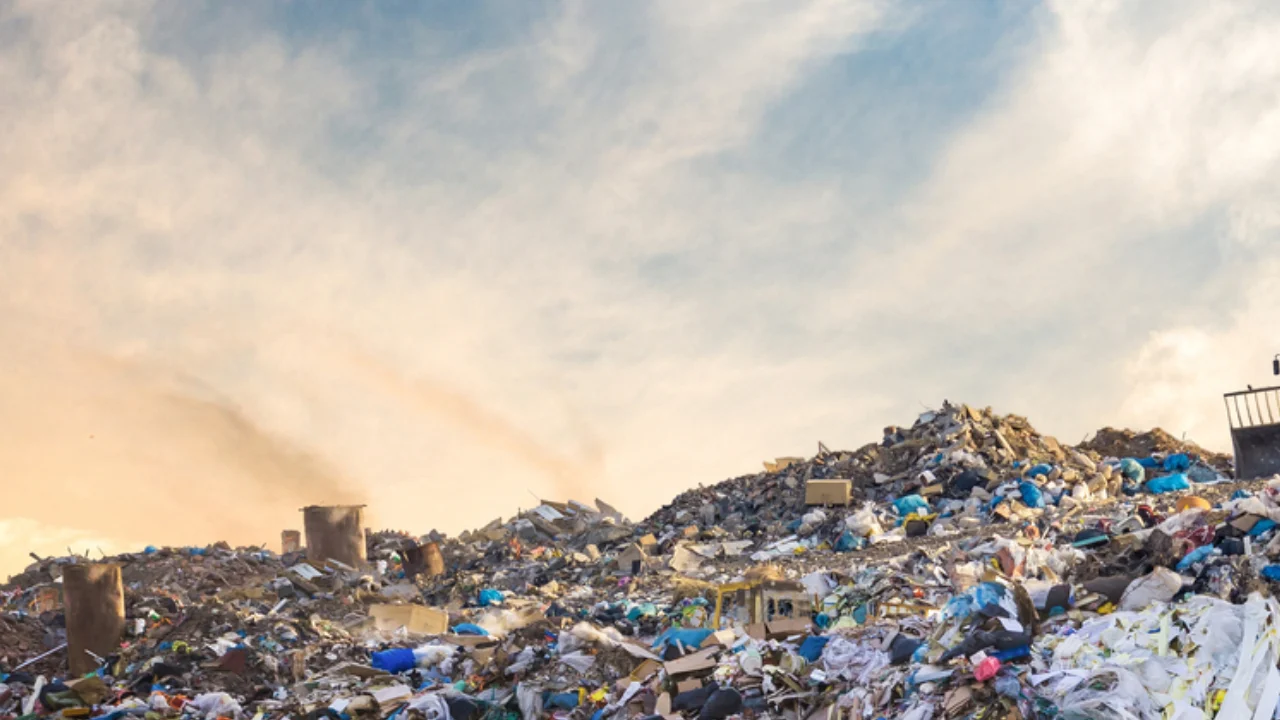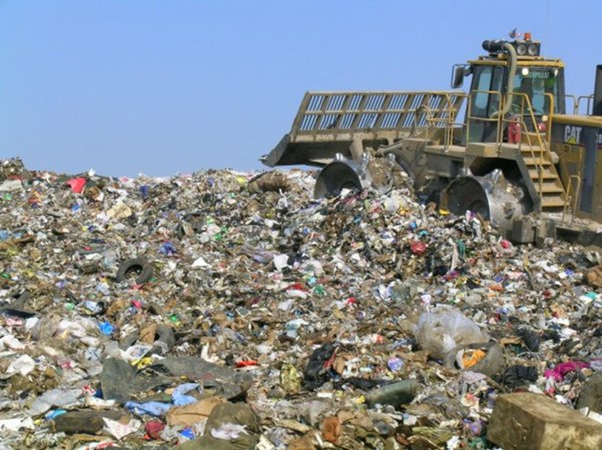At the moment, there are three types of landfills: ones for municipal waste, ones for industrial waste, and ones for hazardous waste. Each one only takes certain kinds of trash and uses different methods to reduce its effect on the environment. A new green waste system that lets organic materials be thrown away is controlled and looks like a landfill is also being made.
The trash we make goes up as our planet becomes more industrialized and more people live on it. To deal with this problem, landfills are being built so that all trash can be thrown away correctly. How do these dumps work, though? And what kinds of garbage can be thrown away in them? This information comes from Duck Creek Disposable, which rents out Roll dumpsters.
It looks like we are making more trash every day. Our trash dumps are getting full faster than ever before, either because we put too much trash in one bag or because we don’t pay attention to how much trash we make. A garbage dump is a place where trash is dumped, and the trash is stacked and pressed down to make it smaller.
Landfills For Municipal Solid Waste:
If you put your trash in a trash can, it will probably end up in a landfill for municipal solid waste (MSW). Most people think of one of these places when they think of a dump. Even though they are the most common, the general public does not always have access to them.
Some of the strictest safety and monitoring rules are for MSW landfills. Most of the time, these rules include restrictions on the lining of landfills, how they work, how they monitor groundwater, and how they close.
So, How Do Dumps For MSW Work?

There are many parts to this. A modern landfill has four layers: a liner, a drainage system, a gas collection system, and the waste itself. Each of these levels is checked all the time to ensure that the workers and the environment are safe at the landfill.
Businesses in the area have used open dumps, landfills, sanitary landfills, and incinerator plants to get rid of their trash. Composting is a good way to get rid of waste, and open dumps are places where all kinds of trash are dumped.
Most landfills are MSW landfills, dumps of trash from cities and towns. If you put trash at the curb, it will probably end up here. Even though there are rules about safety and keeping an eye on things, these dumps take almost everything. Common criteria for MSW dumps include where they can be located, what kind of lining can be used, how the groundwater will be monitored, and how the dump will be run.
MSW piles up in landfills over time. They use a four-layer system with a liner, a drainage system, a system for collecting gas, and the trash itself as the fourth layer. Each layer will be checked often to ensure that workers and the environment are safe on the site. Some MSW dumps are closed to the public for safety reasons, but others are not. Some will only let in dumpster rental companies that work with contractors.
Landfills For Industrial Waste:
A landfill is exactly what it sounds like it is. A landfill is used to get rid of this kind of industrial waste. These landfills can take any solid industrial waste, but most people use them to eliminate construction debris. This is why they are also called “C&D” landfills. But C&D landfills are often also material recovery facilities, or MRFs, that do more than just store construction waste in a pit.
To do this, the people who work at the landfill pile up the items brought in and sort them to see which ones can be used again and which ones should be thrown away. Local resale shops or companies that build with recycled materials buy or get recyclable materials. Also, the material recovery plant may be able to reuse the materials in the area, such as by turning wood into mulch.
Depending on the type of waste, there are different ways to eliminate both dangerous and non-dangerous industrial waste. The most common and widely used
ways to get rid of the trash are putting it in a landfill, burning it, and composting it.
There are three types of industrial waste:
- Waste that needs special control.
- Waste is especially dangerous.
- Waste that is made by certain business operations.

